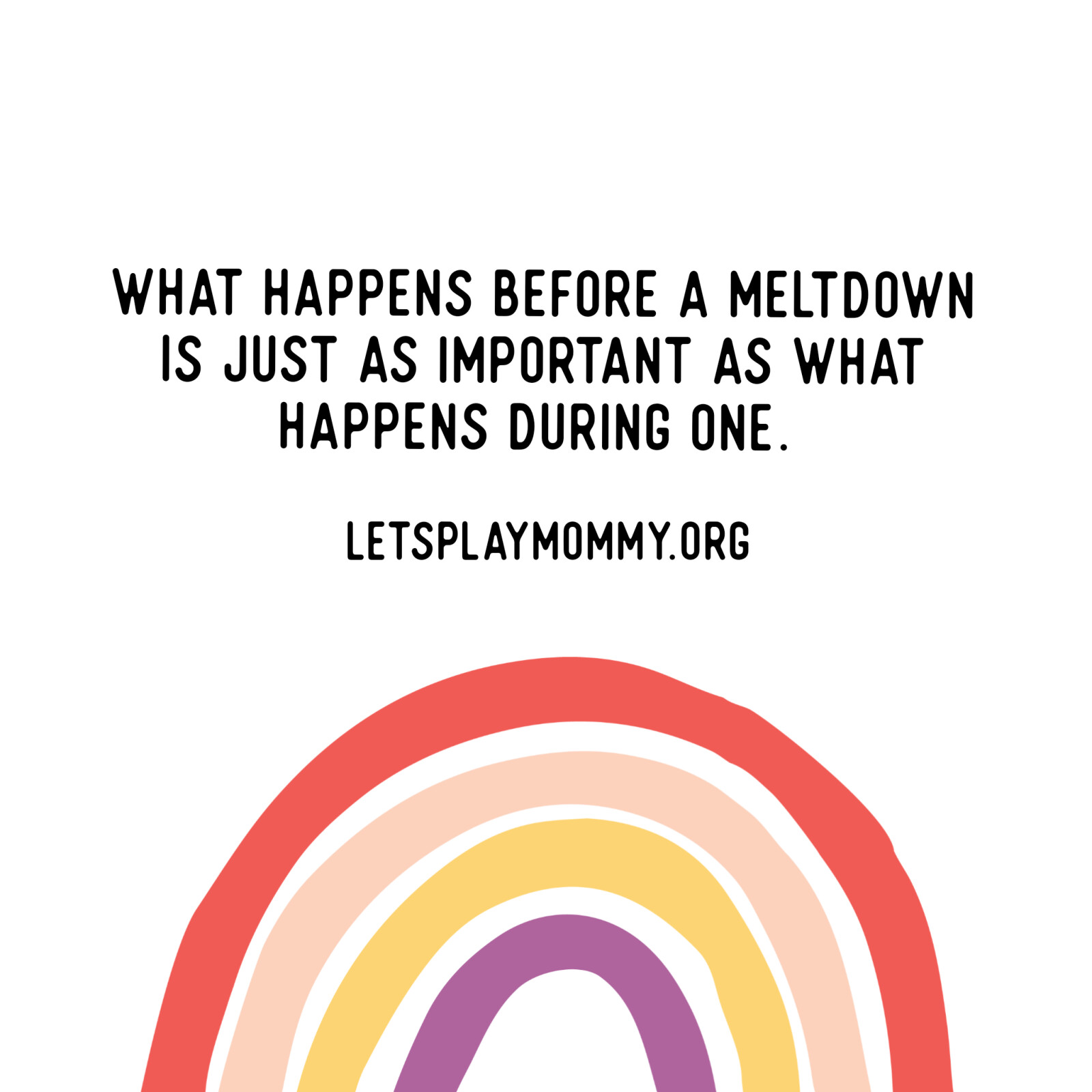
If you read my previous post I talked about focusing on the positive behaviors and making a big deal of all the good that happens in a day, while ignoring any negative unless it was harmful to anyone or anything. I know this is hard to do. Children are strong willed and more often than not can stand their ground longer than we can stay focused on the bigger goal (retraining how a child seeks attention). This is key though.
Focusing on the positive isn't as easy as it sounds. We often just enjoy the positive, but forget to recognize it/make light of it. Littles thrive when they are recognized. It's a developmental stage. The asking over and over for you to watch or look or did you see that, it's all part of seeking attention. If they receive attention for the negative, they will continue to seek that attention. Shifting our focus and making light of the good, takes practice, but it's so worth it. Examples of positives to focus on (there are thousands, some tiny, some huge. Please share any you can think of).
Helping clean up or seeing your little one put something away without prompting. Your response- I appreciate it when you help clean up, makes it go fast! I would also throw in the occasional, “Wow that went so fast, now we have time to do that dance you wanted or…” This just adds to the anticipation and the desire to receive praise for the good.
Wiping up a mess or asking to help clean a mess. Your response-Thank you for cleaning up the mess all by yourself. Your such a wonderful helper.
I see you’re upset and appreciate that you used your words and tears instead of your hands. It helps me understand how I can help you. I see how upset you are. My heart understands.
Wow, look at you picking out your own clothes! When you help mommy/daddy it gets the job done quickly and then we can go play.
Oh my goodness, thank you for sharing (whatever it is no matter how small) that with…I can see it made your brother smile.
Yay! You used nice hands, thank you! Our hands are made to help.
Wow you ate your fruit (or whatever it is), that helps our bodies be ready to go play. Thank you for stopping to eat.
I was once told that praising the good would leave me with a classroom full of children that always needed to be praised and sadly I have heard the same in regards to my daughter. The opposite is true. Constant praise wasn't needed after we shifted gears, but it became normal and I find that it builds a respectful environment. Hearing my students praise others and even other adults was a huge reward. Nothing wrong with positive words making someone's heart swell! Yes, things are often done without any recognition, just because it feels good. So for the many that see praise as a negative thing, don't worry children still do things out of the good of their heart.
Moving on-Meltdowns and triggers. An important part of the puzzle.
As I began to shift my focus to positive behaviors I had to look at the bigger picture in my classroom (this applies for home as well). I was on the hunt for what was happening before major meltdowns. That is step one. Was there a trigger? Certain time of day? Location? How was I feeling before a meltdown (our energy is often reflected in our child)? Had we been outside at all? Anyone feeling unwell? Was this happening before eating and more importantly after eating (food allergies and sensitivity to dyes plays a huge role in behavior)?
Once I had an idea of what was happening before meltdowns, I was able to squash several of the issues with a few adjustments to my schedule. Being hungry was a huge factor. So I took time to add another snack break. At home you can set up a place for your little to grab their own snacks or know the time they need some food and have something on hand. Another trigger was transitions. I was not leaving enough time and therefore I felt anxious and that energy transferred to the little ones I was with. It happens with my daughter as well. Simple solution, I carve out 10 minutes on top of what I think I need in order to transition (for my daughter that is often 30 min). I also give several time warnings. We have 10 minutes left. We have 5 minutes left. It's almost time to leave, how can we help each other so that we are out the door in 1 minute? Make it fun-I'll race you to the door, ready? Sometimes children just need a break, time to recharge. They are constantly going. Other times too much of a break (too much TV no judgement) can lead to meltdowns.
Knowing the triggers and being prepared changed so much for me. Just like we do with meal prep. we have to meltdown prep and be ready to support.
My response to a meltdown. Respect, deep breaths, holding space, essential oils and privacy. Our little ones are human beings, they aren't “just children.” I wouldn't want to be yelled at in the store, neither do little ones. I know for myself, I often need space, but with someone near. Children need this as well and that is why holding space is so important. So what do you do when you're in the middle of the grocery store and a meltdown happens? A lesson from my mom. I was 3 when I had when of the biggest meltdowns of my toddler years. My mom took her grocery cart to the front and asked the clerk if they would put in the back and out to the car we went. She sat with me and waited until I was ready for a hug and ready to talk. She also had raisins! I was overloaded (still get this way) with all the lights and people and…Staying in the store to calm me or to bribe me would have added fuel to the fire instead of extinguishing it. I mention this, because I know is’s easier to say “Here can I give you this to calm down” or…but this creates a habit you're trying to break or avoid.
I am anti time outs and anti isolation. My husband works with children with severe behavior disorders and even he will tell you that isolation does very little. He has sat in the corner of a room with a barrier (to keep him physically safe) in order to hold space. Sometimes he has sat for hours, yes hours. The transformation he has seen would make anyone a believer in holding space. I mention the physical piece of this, because sometimes children have learned that hitting and so on gets attention, I won't go into this, but you can still be present and hold space for a child like this, you just have to be a little more creative. Can you do this with all children in all situations, no you definitely can't. Trust me, I understand true behavior disorders and children that will go to any length. I am just sharing a light on holding space and being here for our little ones.
What to say during a meltdown. As little as possible. A child's brain takes approximately 20 seconds to register information and more often than not our questions, reassurance or demands comes way too fast. When my daughter is struggling, I'll often repeat the same words I use when she is calm. I love you, I respect you, I am here for you. I only say this a few times. I'll offer a snack off to the side and water. At first it may be ignored or even yelled at, but in time it's usually devoured or shared as a way to say, I’m ready to talk and I am sorry.
Do I demand an apology, no. I don't believe in forcing someone to apologize, but I model how amazing it feels and we talk about it all the time. I also don't force physical affection (a hug to apologize or) because I believe that is also something a child needs to do on their own. Model, model, model. When you get upset with your husband or wife, model how you handle that. Talk about it. Like all else it begins at home and behaviors aren't magically learned they are something seen and absorbed.
Most important thing I have learned is to take my negative feelings out of the situation during the meltdown. To be present, put the phone away during this time. To honor my child’s ever growing body and brain. To apologize when I mess up and to be an imperfect examone for my child. To love and respect my child for who they are.
I would love to hear from you! Share anything! Any lightbulb meltdown moments? We are all in this together.




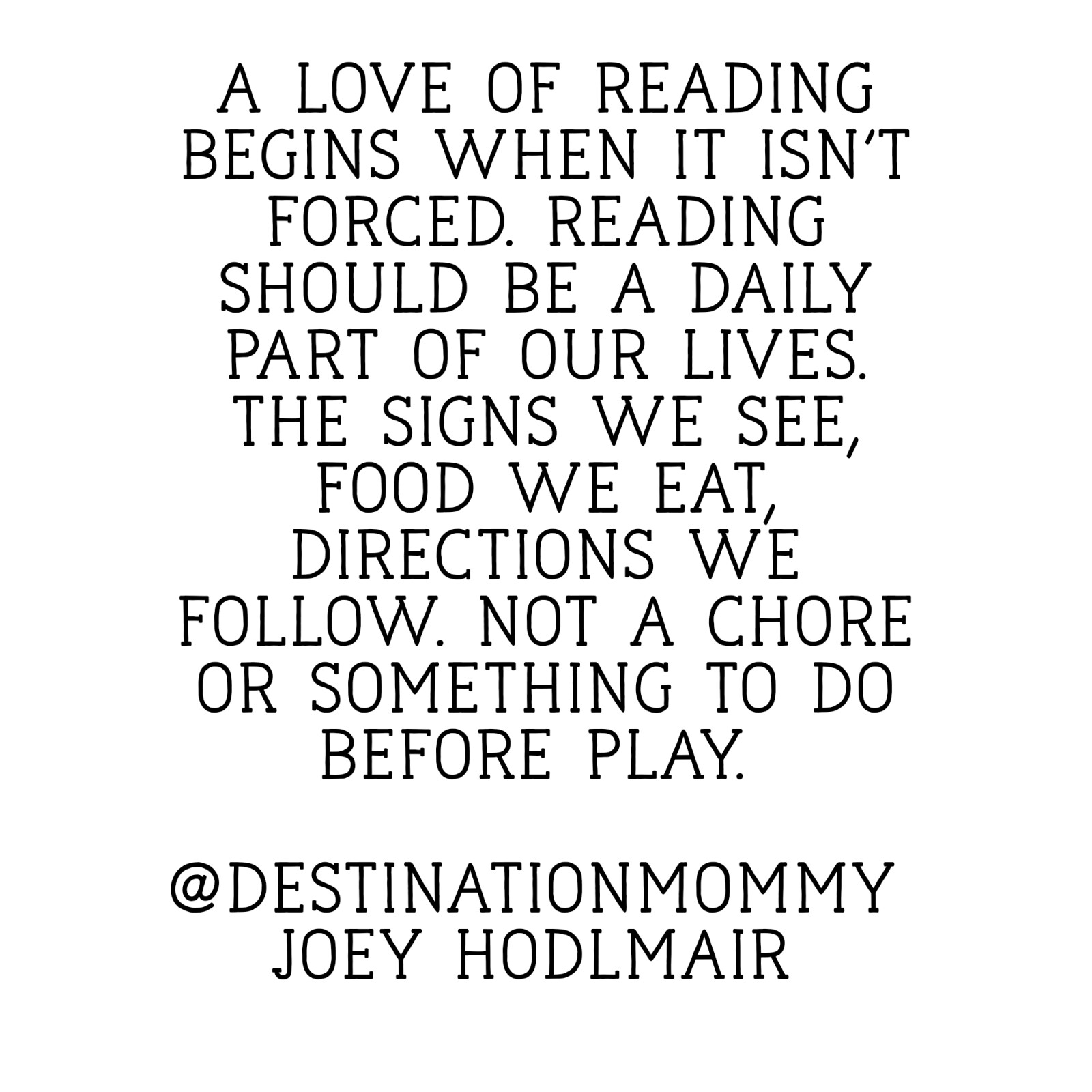
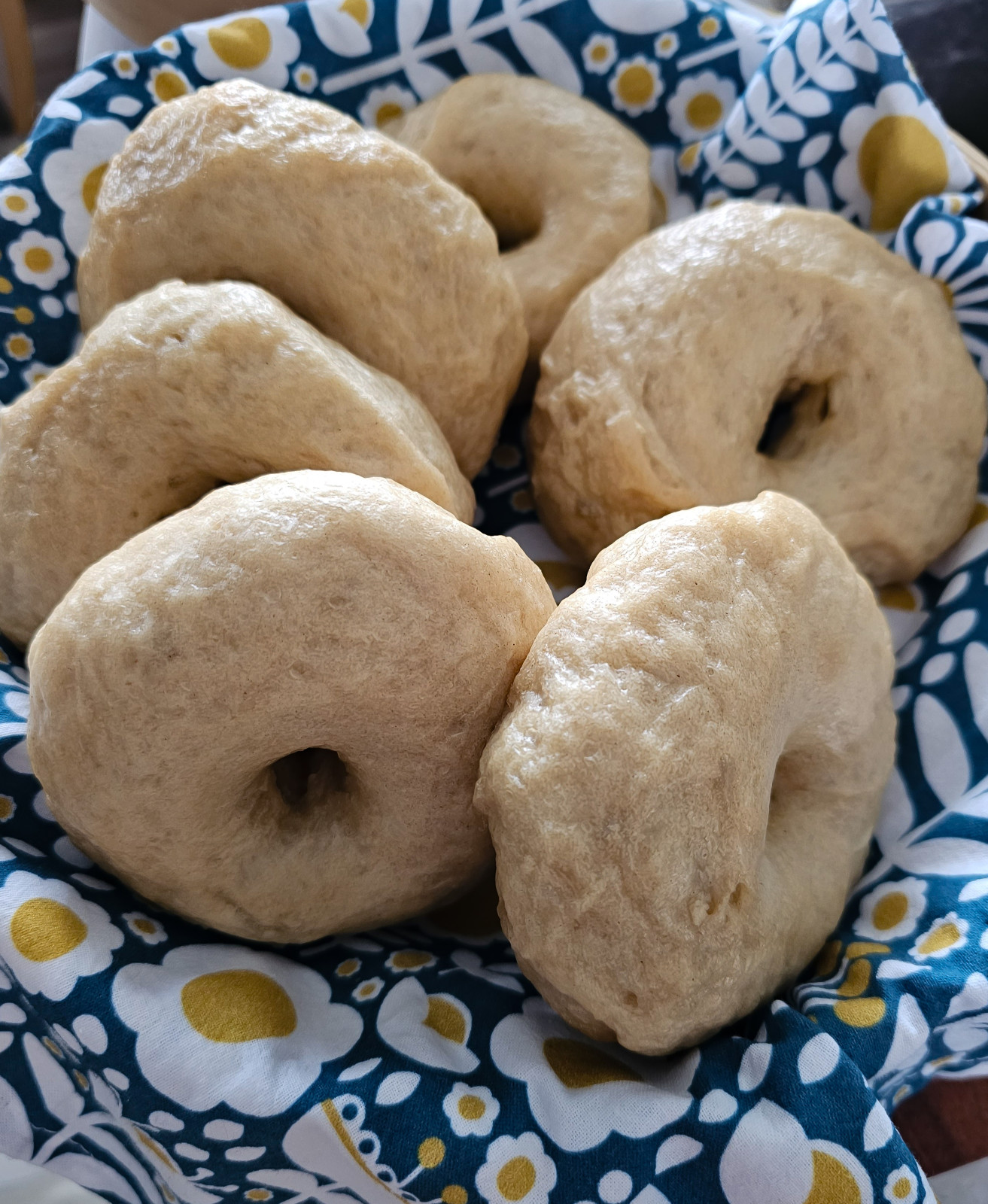


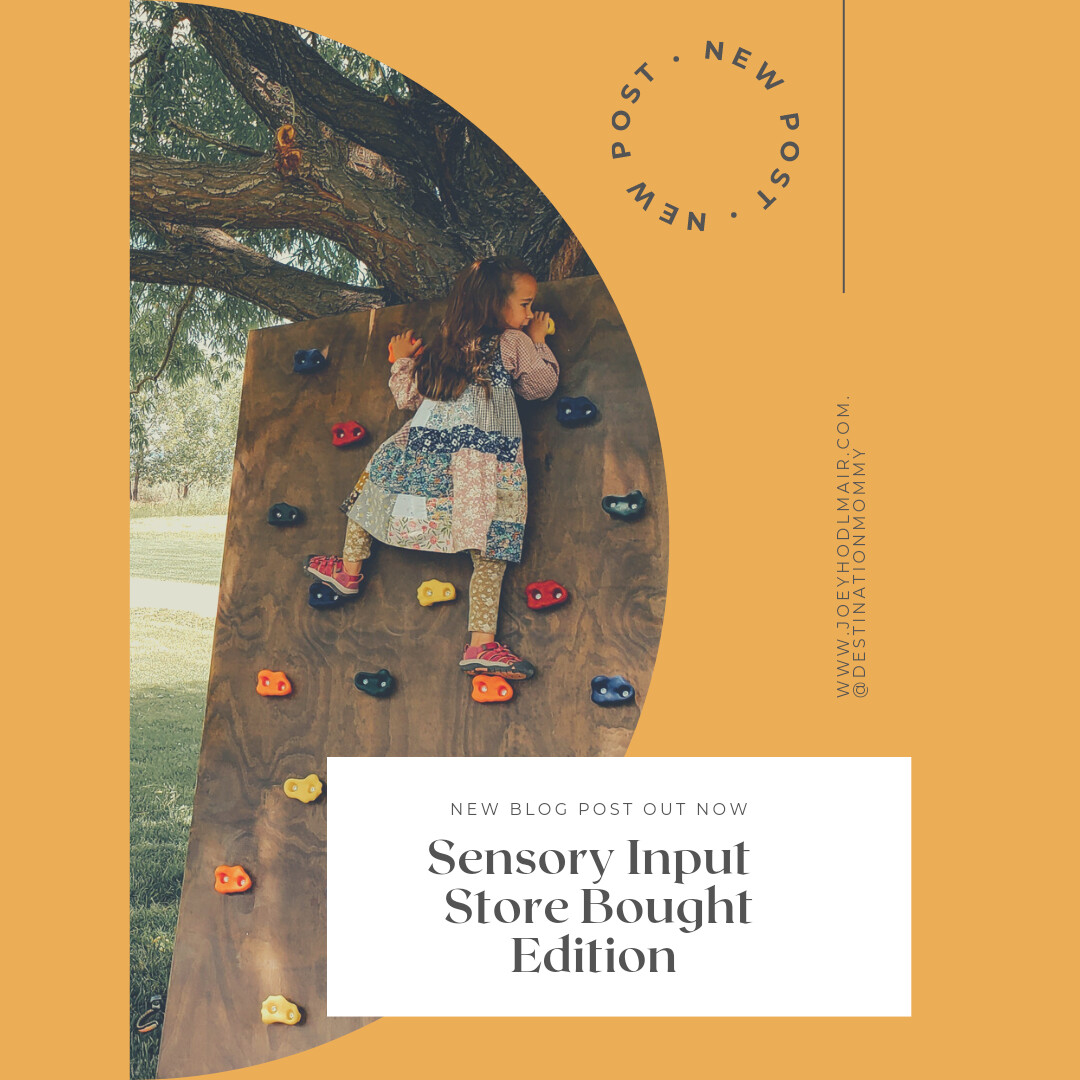


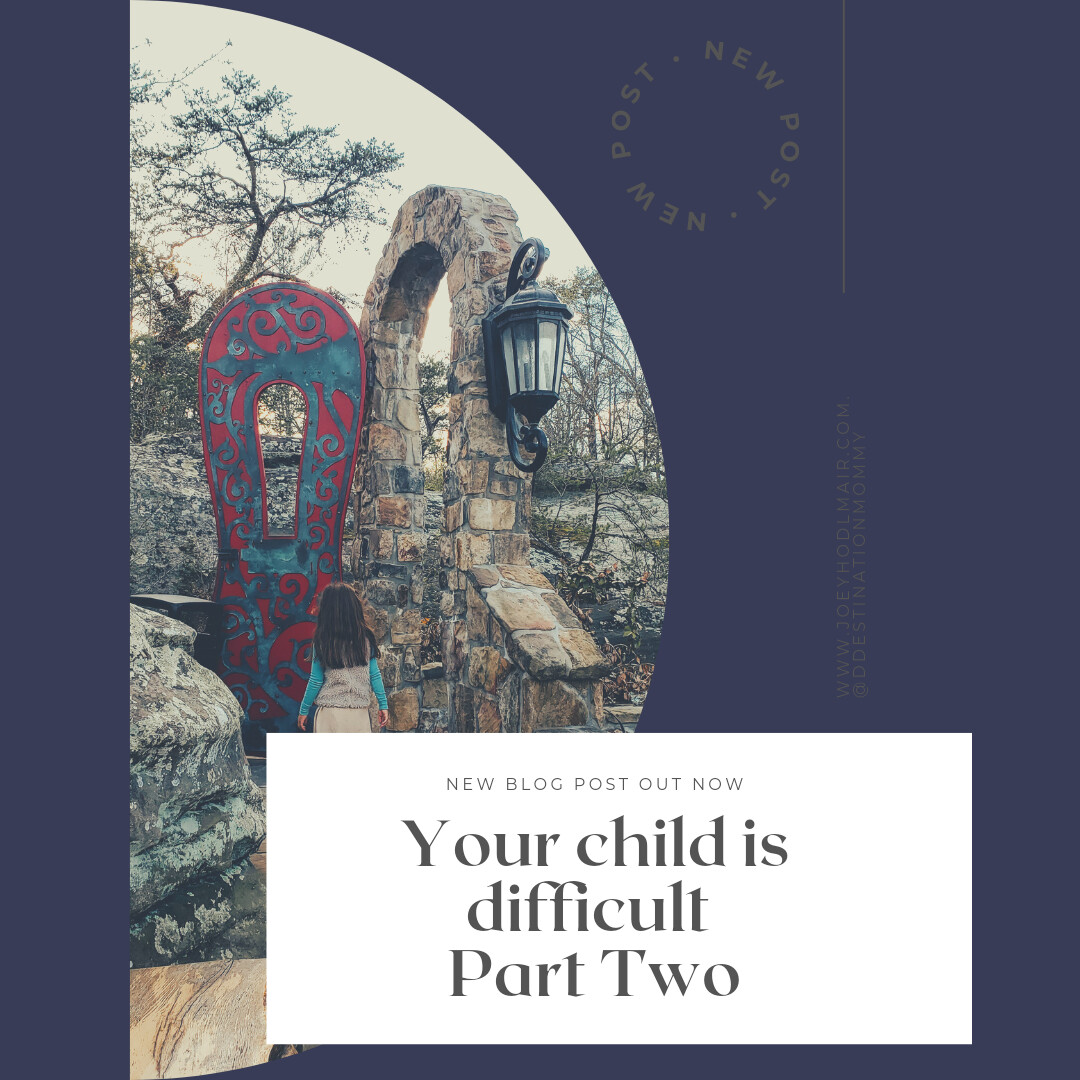
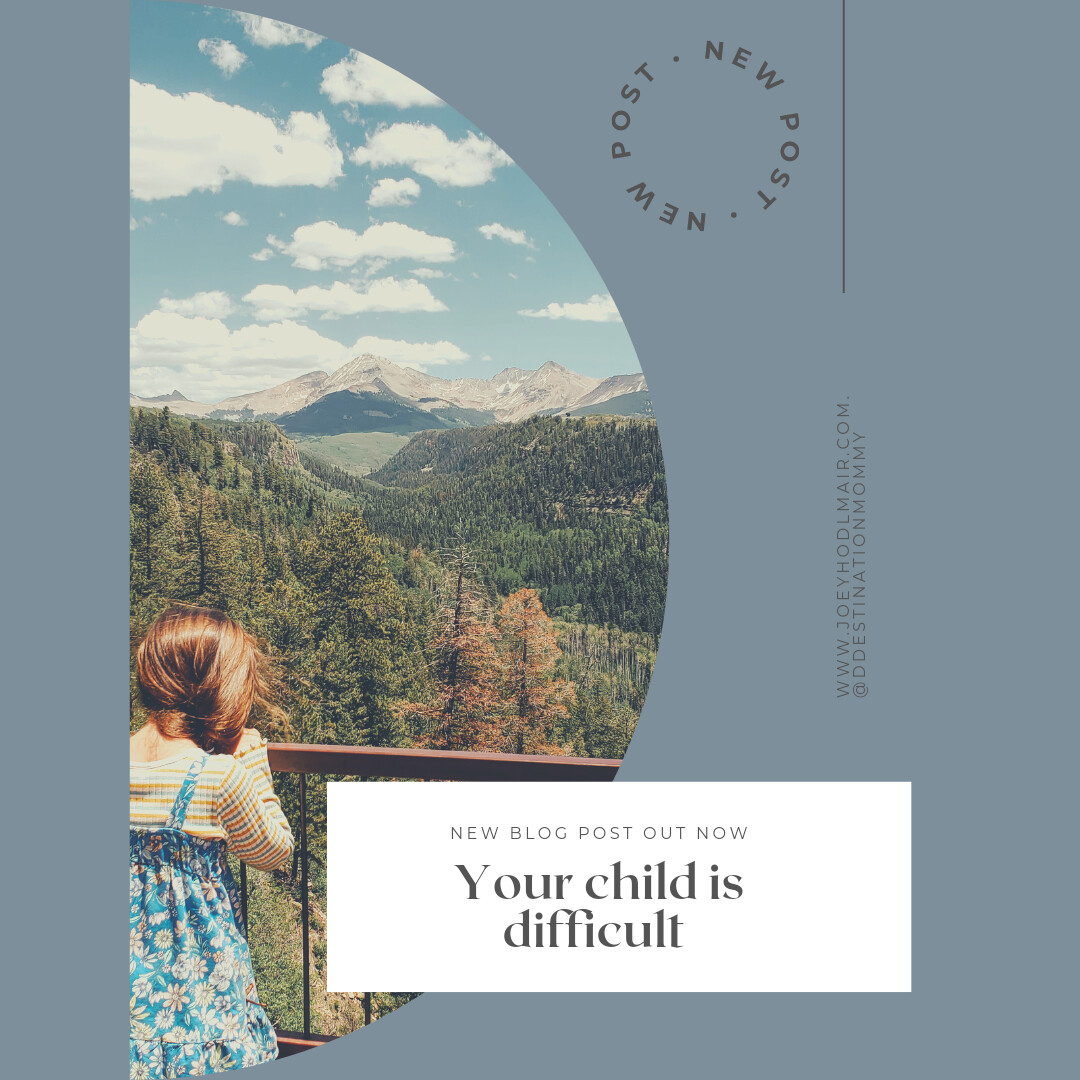

0 Comments